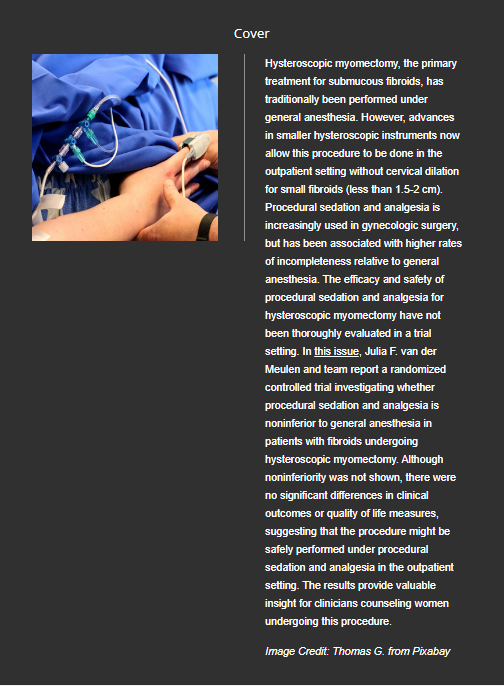为什么精神病病床容量差异很大:关于全球精神卫生的战略问题。
IF 9.9
1区 医学
Q1 Medicine
引用次数: 0
摘要
《公共科学图书馆·医学》最近的一项研究揭示了美国各地精神科病床数量的巨大差异。在全球范围内,经合组织国家之间的能力差异达80倍,这反映了历史、政策和护理模式。如果没有全球标准和可及性,精神科护理的效率和质量仍然参差不齐。本文章由计算机程序翻译,如有差异,请以英文原文为准。
Why psychiatric bed capacity varies widely: Strategic questions on global mental health.
A recent PLOS Medicine study reveals the wide variation in psychiatric bed numbers across the US. Globally, capacity differs 80-fold among OECD countries, reflecting history, policy, and care models. Without global standards and access, the efficiency and quality of psychiatric care remain uneven.
求助全文
通过发布文献求助,成功后即可免费获取论文全文。
去求助
来源期刊

PLoS Medicine
MEDICINE, GENERAL & INTERNAL-
CiteScore
17.60
自引率
0.60%
发文量
227
审稿时长
4-8 weeks
期刊介绍:
PLOS Medicine is a prominent platform for discussing and researching global health challenges. The journal covers a wide range of topics, including biomedical, environmental, social, and political factors affecting health. It prioritizes articles that contribute to clinical practice, health policy, or a better understanding of pathophysiology, ultimately aiming to improve health outcomes across different settings.
The journal is unwavering in its commitment to uphold the highest ethical standards in medical publishing. This includes actively managing and disclosing any conflicts of interest related to reporting, reviewing, and publishing. PLOS Medicine promotes transparency in the entire review and publication process. The journal also encourages data sharing and encourages the reuse of published work. Additionally, authors retain copyright for their work, and the publication is made accessible through Open Access with no restrictions on availability and dissemination.
PLOS Medicine takes measures to avoid conflicts of interest associated with advertising drugs and medical devices or engaging in the exclusive sale of reprints.
 求助内容:
求助内容: 应助结果提醒方式:
应助结果提醒方式:


